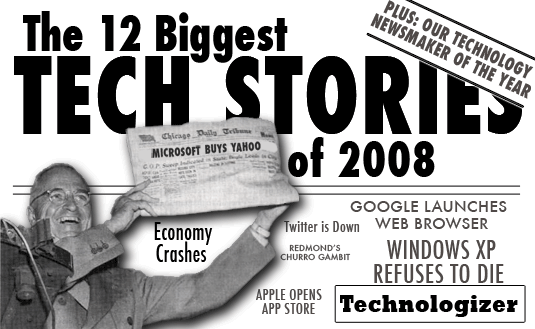 If you’re not on T-Mobile because you either aren’t in their coverage area or don’t want to be, yet want a G1, you’re now in luck. Google has announced a developer program where the company will offer an unlocked G1 for $399 in exchange for registration on the Android Market site as a developer.
If you’re not on T-Mobile because you either aren’t in their coverage area or don’t want to be, yet want a G1, you’re now in luck. Google has announced a developer program where the company will offer an unlocked G1 for $399 in exchange for registration on the Android Market site as a developer.
Each developer would be limited to 1 device, although Google adds the caveat “for now,” suggesting that it may expand the limit to multiple devices in the future.
The SIM-unlocked device will function just the same as the T-Mobile G1 does, save for the obvious lock-in to the carrier. In addition, the device would not enforce signed system images, allowing for further development possibilities.
Obviously, since the device is not intended for public consumption, Google’s not going to provide any kind of support for the device. However, if its anything like the black market unlocked iPhones developed, enterprising third-party developers will step in to fill that void.
The offer will be available to developers in the following countries: the US, UK, Germany, Japan, India, Canada, France, Taiwan, Spain, Australia, Singapore, Switzerland, Netherlands, Austria, Sweden, Finland, Poland, and Hungary. Google hopes to expand the program elsewhere in the coming months.
Even though it seems as if the company is trying to keep end users out, I can’t see why the G1 wouldn’t see a similar reaction as the unlocked iPhone did. While it certainly is not to the scale the iPhone had, Google’s first Android phone has performed past some of the rosiest sales expectiations of industry analysts.
About 1 million units are expected to be shipped by HTC by the end of this year, which is about twice what was anticipated. There are going to be some hardcore users outside of T-Mobile that will happily pay a premium for the device I’d think. After all, people were crazy enough to pay $600+ for an iPhone.
 Not that much happening, apparently….
Not that much happening, apparently….
 Two new rumors this week are different in the details but share an interesting overarching theme: TechCrunch is reporting that Apple is working on an
Two new rumors this week are different in the details but share an interesting overarching theme: TechCrunch is reporting that Apple is working on an 
 The
The 
 I still run hot and cold on the prospects for Google’s Android OS. With this week’s launch of the T-Mobile G1, though, I’m feeling fairly upbeat about it. For now, at least…
I still run hot and cold on the prospects for Google’s Android OS. With this week’s launch of the T-Mobile G1, though, I’m feeling fairly upbeat about it. For now, at least…